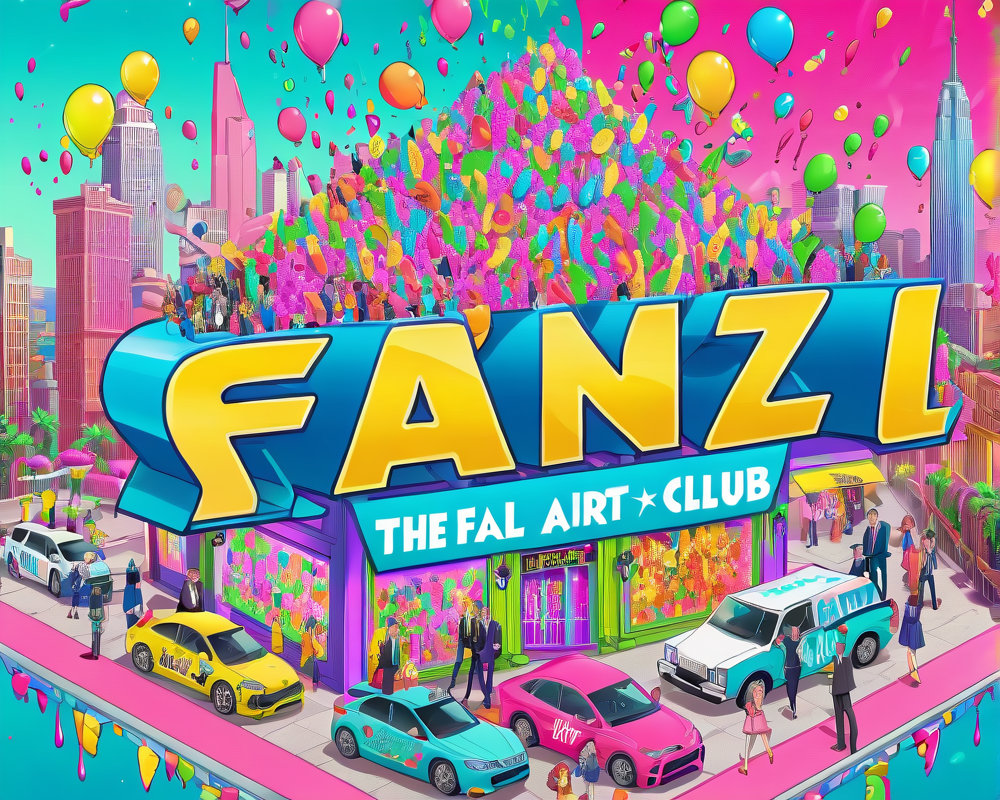The Great Bitcoin Ordinals Debate: Transaction Fees, Freedom of Speech, and Future Implications
The Rise of Bitcoin Ordinals
Since its emergence in January 2023, Bitcoin Ordinals has been the talk of the town—or at least the Bitcoin forums. This intriguing technology allows users to embed text, images, and even code into individual satoshis, Bitcoin’s smallest unit. As you can imagine, this newfangled method has triggered a full-blown love-hate relationship within the cryptocurrency community.
Transaction Costs: A Hot Potato
Ordinals have been accused of turning Bitcoin into a cash cow for transaction fees. Opponents argue that the rise in inscriptions has sent transaction costs skyrocketing, especially amidst the memecoin mania, reminiscent of the wild west days of cryptocurrency. With the surge in demand for BRC-20 tokens, transaction fees have reached levels not seen since 2021. And let’s face it, nobody wants to pay a fortune just to send some BTC!
Congestion Catastrophe
As if that weren’t enough, the ordinals trend has led to massive network congestion, leading to headaches for both users and exchanges. For instance, Binance had to halt BTC withdrawals at one point due to an overwhelming number of pending transactions clogging the mempool. I mean, memepool would’ve been more appropriate, right?
The Security Conundrum
Critics like Enrico Rubboli, CEO of Mintlayer, have serious reservations regarding the security of Ordinals. Rubboli argues that the technology’s framework and its anonymous developers lack rigorous vetting. So, if you thought your crypto was secure, think again! With additional regulatory scrutiny on the horizon, the Ordinals narrative may take on a darker tone.
Supporters See Gold Amidst the Doldrums
On the flip side, there are those who believe that Ordinals could lead to new realms of value on the Bitcoin blockchain. Proponents like Li Qingfei from F2Pool argue that the congestion and fees will eventually stabilize, much like the Lightning Network improving Bitcoin’s transaction capabilities. They believe the future looks bright—if you’re a miner, that is.
Freedom of Speech, Anyone?
One of the more philosophical arguments for Ordinals is that they bolster free speech. Supporters contend that being able to publish text or images on the Bitcoin blockchain makes this information uncensorable. Yes, you can literally say anything you want, even if it’s questionable grammar or conspiracy theories about pigeons ruling the world.
Perspectives Matter
The debate surrounding Bitcoin Ordinals often boils down to perspective. Layer-2 advocates may scoff at Ordinals’ base-layer developments, while miners could be on board with anything that pads their wallets. Moreover, for average bitcoin holders, these issues might seem trivial. But for traders and exchanges, it’s a whole different ballgame—one that’s pretty congested these days.
The Road Ahead
So, what’s next for Bitcoin Ordinals? Will they become the inevitable future of the Bitcoin ecosystem or just a passing fad? The jury’s still out, and we’re not exactly sure if we should grab popcorn or a seatbelt!




